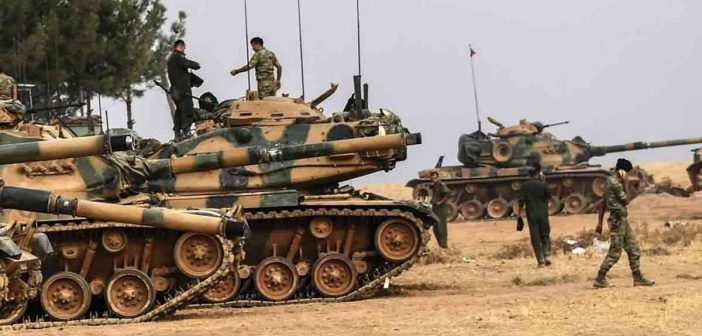India’s defense mutual funds, once a promising avenue for investors, have seen a noticeable dip in 2024. This decline comes despite the sector’s previous strong performance, driven by increased government spending and a focus on self-reliance in defense. This analysis delves into the extent of the dip, the contributing factors, and the broader market implications.
Extent of the Dip
Recent data indicates that the values of defense mutual funds in India have decreased by around 10-15% over the last six months. For example, the Motilal Oswal Nifty India Defence Index Fund, which provides exposure to top defense companies, has seen its NAV (Net Asset Value) fluctuate, currently standing at ₹9.2032 as of August 2024. This represents a decline from previous highs as the broader market sentiment around defense stocks has softened.
Reasons Behind the Decline
1. Global Economic Conditions
The global economic landscape has been challenging, with rising interest rates and inflationary pressures affecting investor sentiment. These macroeconomic factors have led to reduced investor appetite for sector-specific funds, including those focusing on defense. As a result, investors are shifting towards more stable, diversified options, leading to outflows from niche funds like those in the defense sector.
2. Market Volatility
Defense stocks, while historically resilient, have been affected by the overall market volatility. The Nifty Defence Index, which tracks major defense companies in India, has also faced headwinds, impacting mutual funds that track or invest in these stocks. The volatility has been driven by concerns over geopolitical tensions, fluctuating oil prices, and the uncertain global economic recovery.
3. Policy Uncertainty
The defense sector in India is highly dependent on government contracts and policies. Recent policy shifts, including changes in defense procurement procedures and delays in government spending on defense projects, have created uncertainty. This has led to a cautious approach by investors, contributing to the dip in fund values.
4. High Valuations
Before the dip, many defense stocks were trading at high valuations due to optimistic growth forecasts and increased investor interest. As the broader market adjusted and concerns about overvaluation emerged, defense stocks were not immune, leading to corrections in their prices and, consequently, the value of mutual funds invested in them.
Case Studies of Major Funds
HDFC Defence Fund
The HDFC Defence Fund, a prominent player in this sector, saw a robust performance with returns of over 90% since its inception in 2023. However, the recent market conditions have tempered its growth. As of mid-2024, the fund has reported a decline in returns, mirroring the overall trend in the defense sector(
Motilal Oswal Nifty India Defence Index Fund
This fund, which closely follows the Nifty India Defence Index, provides a clear view of the sector’s performance. With the NAV dropping to ₹9.2032, the fund reflects the broader market’s cautious stance towards defense investments. The fund’s performance is also indicative of the challenges faced by the sector, including market volatility and policy uncertainty.
Future Outlook
Despite the current dip, the long-term outlook for defense mutual funds in India remains positive. Factors such as increasing defense budgets, the Make in India initiative, and ongoing geopolitical tensions suggest that demand for defense products will continue to grow. Additionally, India’s strategic focus on becoming self-reliant in defense manufacturing will likely provide sustained growth opportunities for the sector.
Investors may view the current dip as a temporary setback, with potential for recovery as the economic conditions stabilize and government policies become clearer. For those with a long-term investment horizon, the current dip might present a buying opportunity, provided they are prepared for short-term volatility.
Conclusion
The recent dip in the values of defense mutual funds in India highlights the sector’s susceptibility to global economic conditions, market volatility, and policy uncertainties. However, the underlying fundamentals of the defense sector remain strong, driven by strategic importance and government support. Investors should carefully weigh the risks and potential rewards, considering both the current challenges and the long-term growth prospects of the sector. As the market dynamics evolve, defense mutual funds could rebound, offering substantial returns to patient investors.






